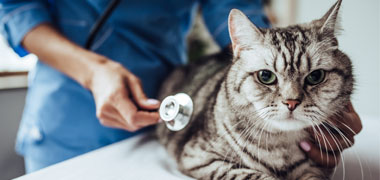
This role has a moderate level of AI exposure. AI can enhance efficiency for some tasks, but this job still relies on human skills and decision-making.
Explore all careersA Wildlife Biologist studies animal species and habitats, conducting research to support conservation efforts and manage ecosystems effectively.
Browse occupations related to Wildlife Biologist



For those seeking to embark on a rewarding career in conservation and wildlife management, Wildlife Biologist courses in Maitland provide the perfect foundation. These courses equip aspiring wildlife biologists with essential skills and knowledge, all delivered by accredited training providers recognised within the industry. Maitland, located in the heart of the Hunter Region, offers a unique environment for studying various species and ecosystems, making it an ideal location for practical learning.
Included in the spectrum of studies for a career in wildlife biology are diverse fields such as Animal Welfare and Veterinary courses and Science courses. Individuals can also delve deeper into specific areas like Animal Care and Biology. These complementary studies greatly enhance the understanding of wildlife ecosystems and animal behaviour, essential attributes for any successful wildlife biologist.
Completing a Wildlife Biologist course opens doors to a variety of job opportunities within the field. Graduates may choose to pursue careers as a Wildlife Carer, Ecologist, or even a Zoologist. There are also niche roles, such as Wildlife Rehabilitator and Wildlife Conservator, which focus on the care and preservation of native species that are critical to maintaining biodiversity in the Maitland area.
Moreover, pursuing a career path in this domain can lead to roles beyond wildlife biology, such as becoming an Laboratory Assistant or a Microbiologist. The high demand for environmental and biological research ensures that students have numerous career options available to them after completing training. The local environment and its biodiversity can greatly influence research opportunities, making Maitland an enriching place for practical fieldwork.
In conclusion, the comprehensive offerings of Wildlife Biologist courses in Maitland not only prepare students for immediate employment but also pave the way for further academic pursuits such as advanced studies in Biologist and Forensic Biologist. Individuals interested in a sustainable future and protecting wildlife will find these courses an invaluable stepping stone towards making a meaningful impact in their communities and the environment at large.